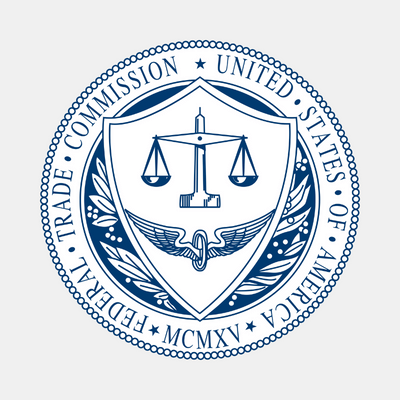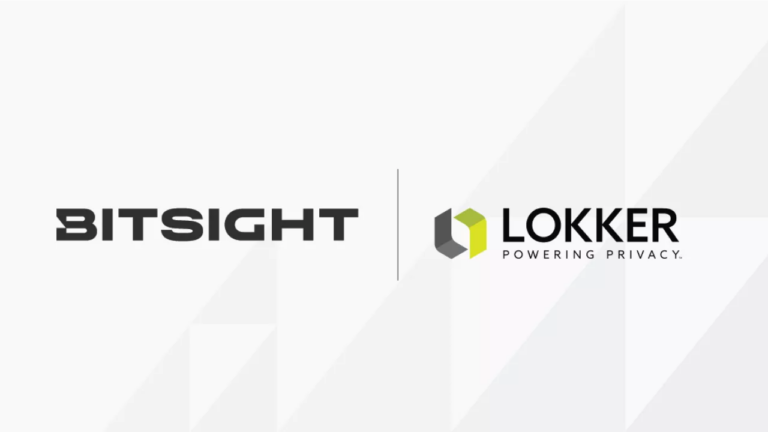In recent months, the Federal Trade Commission has taken action against two digital health platforms; GoodRx and BetterHelp. Both actions responded to the misuse of hidden pixels sharing sensitive health data from their websites without their visitors’ consent. The fines for these violations weren’t insignificant. GoodRx is to pay $1.5 million in fees for failing to disclose that consumer health data was being shared with Facebook, Google, and Others, while BetterHealth will pay $7.8 million for failing to keep sensitive personal information safe after promising that they would.
So What is the Issue with Pixels, and How Can Companies Avoid Issues With Pixels?
The FTC just wrote a great article that examines how pixel tracking can have significant hidden negative impacts on users’ privacy and security that often go unnoticed.
While pixel tracking is frequently considered a harmless tool for online marketing, the data collection can be more invasive than most realize because it allows companies to create detailed profiles of users’ interests, habits, and behaviors by tracking them across websites and apps. The data collected can then target users with ads tailored to their interests, but it can also be bought, sold, and combined with other personal information in data brokerages. This data collection often occurs without the knowledge or consent of users, enabling the growth of a “surveillance economy” that commodifies users’ personal information. In addition, pixel tracking can exacerbate the spread of misinformation online by allowing targeted manipulation of users. When companies have granular data on users’ interests and behaviors, they can tailor the information they show to each user in a way designed to provoke a particular reaction or viewpoint.
Stronger laws and regulations may be needed to prevent abuse and protect users in today’s digital economy. However, to avoid these fines and regulatory issues under the FTC Act, HIPAA, and others for your organization, tools like LOKKER’s Privacy Edge can uncover hidden trackers on your website and automatically block the pixels entirely or block them from collecting or sharing specific types of data.
Contact us to learn more about Privacy Edge.
Read the full article by the FTC, “Lurking Beneath the Surface: Hidden Impacts of Pixel Tracking.”








